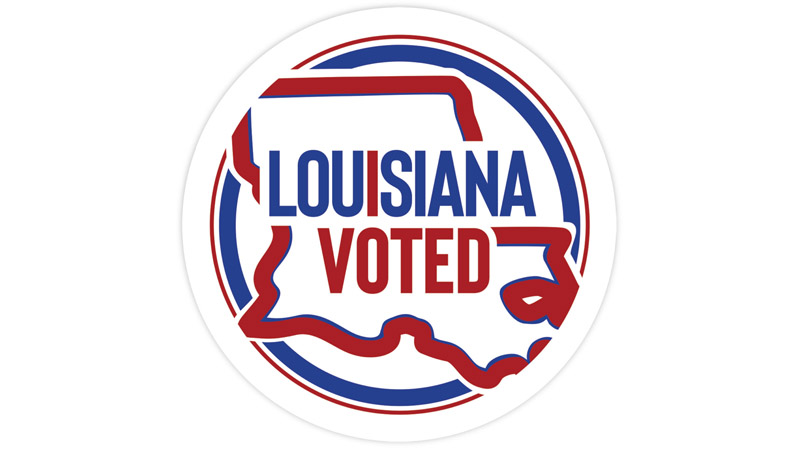Louisiana voters rejected four proposed constitutional amendments in election
Published 11:23 am Sunday, March 30, 2025
|
Getting your Trinity Audio player ready...
|
Louisiana voters rejected all four constitutional amendments in the March 29 election, maintaining the state’s tax, legal, and judicial systems unchanged.
A high turnout of voters across the state thwarted Governor Jeff Landry’s amendment proposals. Nearly two-thirds of voters rejected all amendments in an election that could have broader political implications for the remainder of Landry’s term.
St. John the Baptist Parish voters decided overwhelmingly on all four propositions on Saturday. With 36 of 36 precincts counted late Saturday, voting returns showed the only garnering 24.8% of the vote. The totals were 6,154 voting no and 969 voting yes.
The First Amendment aimed to allow the Louisiana Supreme Court to discipline out-of-state lawyers for unethical practices in Louisiana. Opponents argued that the amendment was vague and might undermine some New Orleans judges’ authority.
The voters also rejected a significant second amendment that proposed liquidating education trust funds to pay off $2 billion in school debt. The amendment proposed to use the savings on interest payments to the funds to boost teacher salaries by $2,000 a year.
On Saturday, Landry said, “Although we are disappointed with tonight’s results, we do not consider this a failure.” “We realize how hard positive change can be to implement in a state conditioned for failure,” he said. “We will continue to fight to make the generational changes for Louisiana to succeed.”
The third amendment would allow lawmakers to select crimes for which minors could be tried as adults. Currently, Louisiana law permits juveniles aged 14-16 to be tried as adults for 16 specific violent felonies. The Legislature cannot expand this list without a constitutional amendment.
The amendment failed, with 66% of voters saying no.
The Fourth Amendment proposes that if a vacancy arises within 12 months of a scheduled congressional or gubernatorial election, the governor must call a special election on that date to fill it more efficiently.
The amendment failed, with 64% voting against it. If it does not pass, the governor must schedule the next election within a year.






